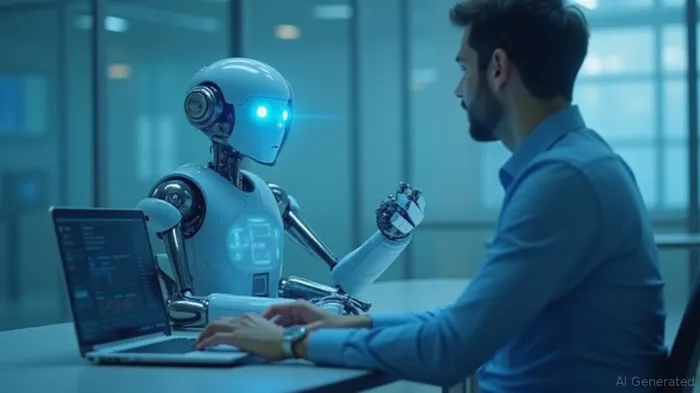AI Chatbots Offer Immediate Support But Lack Human Connection
AI chatbots, such as Aichain, are being developed to provide companionship and care for older adults, aiming to alleviate loneliness and improve their quality of life. These systems use advanced algorithms to engage in conversations, offer emotional support, and even predict loneliness through personal interviews. The technology promises a better understanding of the roots of loneliness and timely interventions.
However, the effectiveness of AI in addressing loneliness is a subject of debate. While AI chatbots can offer immediate support and companionship, there are concerns about their emotional impact on users. A study led by Jason Phang suggests that emotionally engaging chatbots may manipulate users’ social and emotional needs, potentially undermining long-term well-being. This emotional attachment to AI companions could lead to social detachment and an over-reliance on technology rather than human interaction.
AI therapy chatbots like Woebot, Wysa, and Replika are increasingly being explored as digital companions that can offer immediate support. These platforms provide 24/7 availability, anonymity, and a low-cost or free interface, making them accessible to many who might otherwise have no therapeutic outlet. However, the design of these tools often creates a grey area where users are told not to take anything seriously, yet the experience often feels real. This can be potentially misleading, especially for vulnerable users who might form emotional attachments.
The benefits of AI therapy are clear: they offer always-on access, reduce the stigma of seeking mental health support, and may help people take that first step toward healing. However, they are not without criticism. Dr. JKSJKS-- Veettoor, a practicing physiologist, holds a cautious view, stating that AI lacks the human connection, empathy, and intuitive analysis necessary for effective therapeutic practice. He underscores the irreplaceable value of experience in therapy, noting that AI lacks the human learning curve required to understand and help individuals navigate their mental health issues.
Prof Anil Seth, a leading consciousness researcher, supports this view, suggesting that AI’s ability to process language does not imply a capacity for empathy, understanding, or actual therapeutic presence. While AI can aid in therapy and benefit patients, it has limitations. On one hand, it provides an immediate, judgment-free space for people to talk. On the other hand, it cannot replicate the complex human interactions that underpin effective psychological treatment.
As AI continues to evolve, hybrid models may emerge where human therapists use AI tools to monitor client progress, offer supplemental content, or maintain engagement between sessions. However, the future of AI in therapy will hinge not just on what the technology can do but also on how carefully and ethically it is integrated into human-centred care. The potential for AI to provide company or simulate conversation when there is no one else around is promising, but it must be balanced with the need for human connection and empathy.

Quickly understand the history and background of various well-known coins
Latest Articles
Stay ahead of the market.
Get curated U.S. market news, insights and key dates delivered to your inbox.



Comments
No comments yet